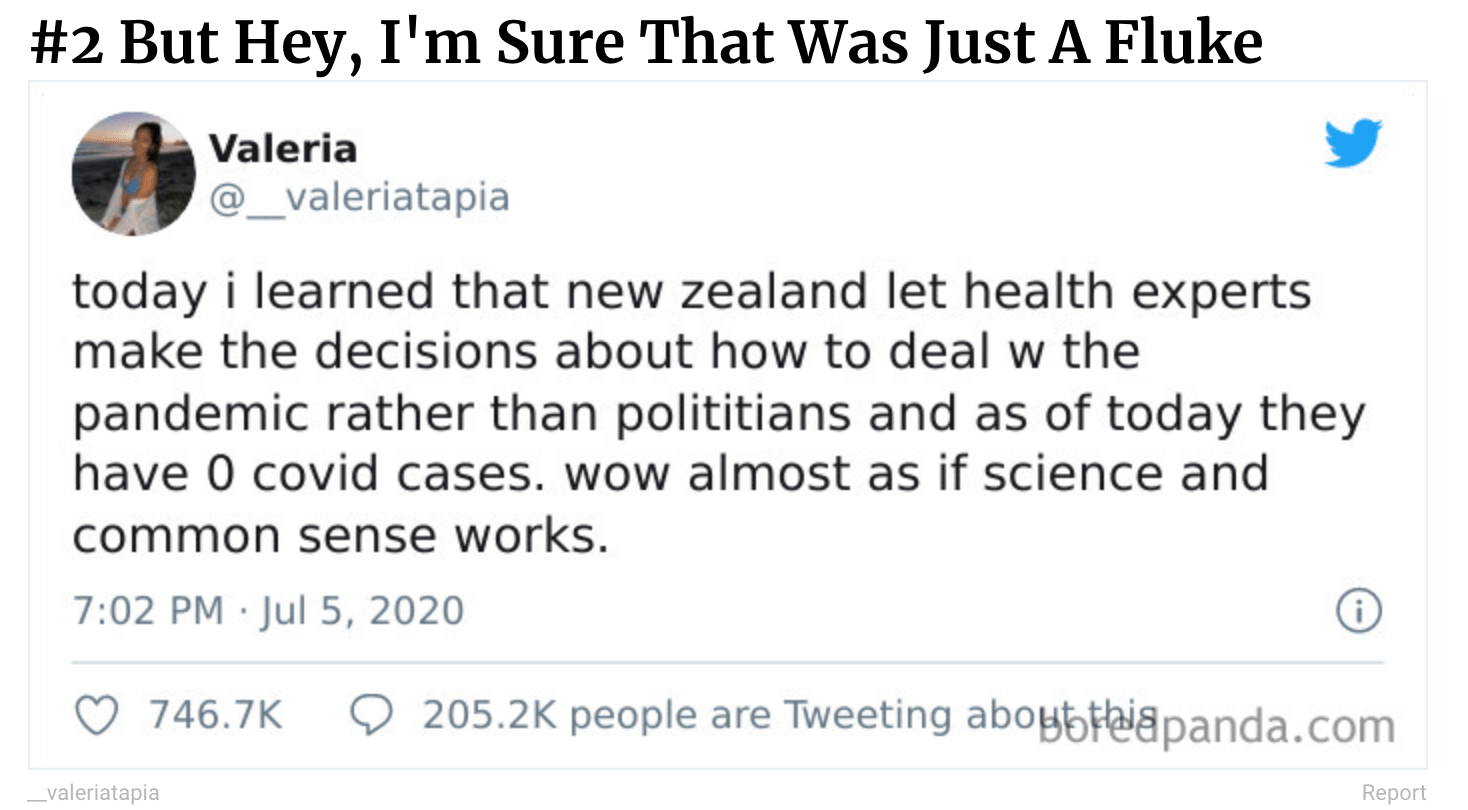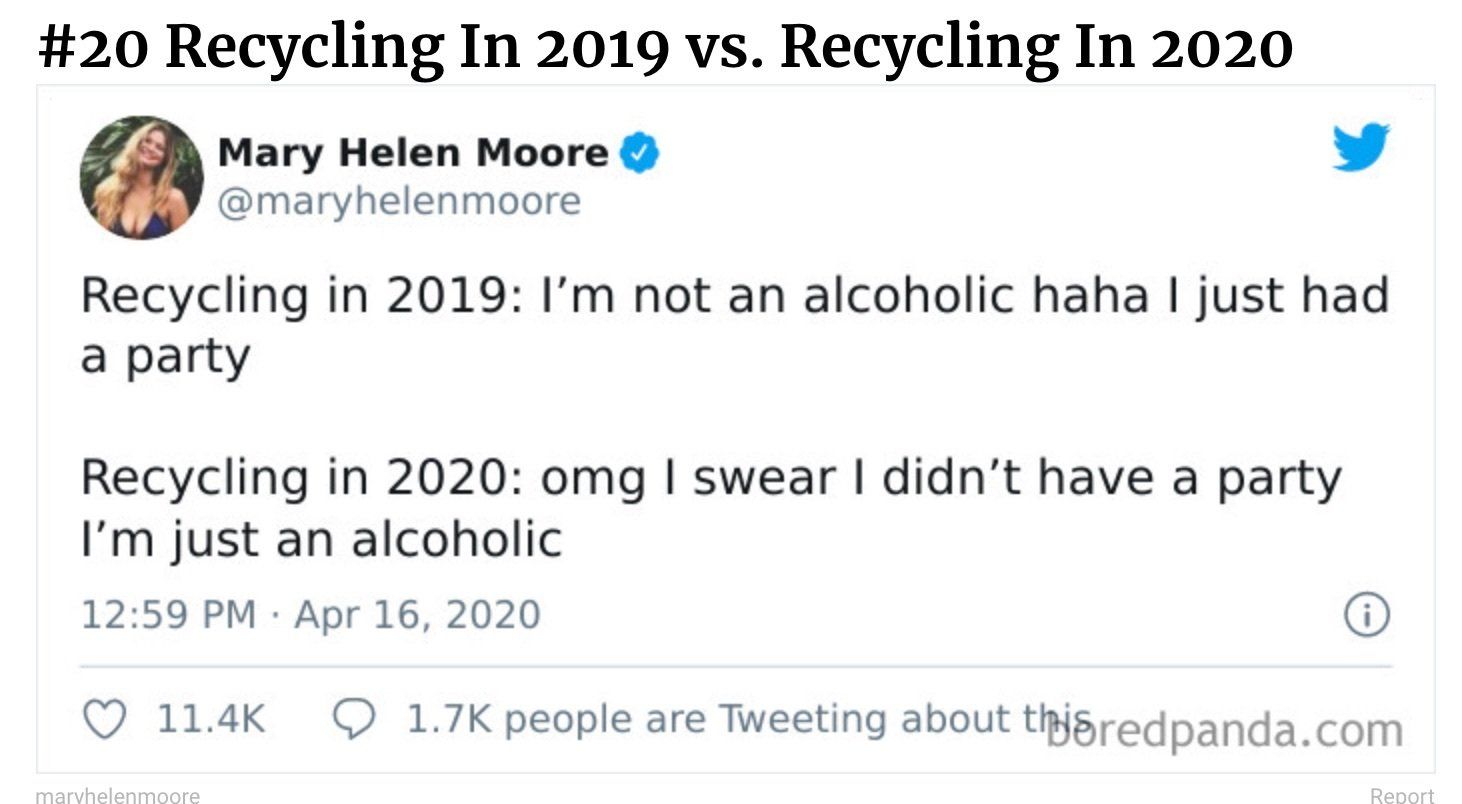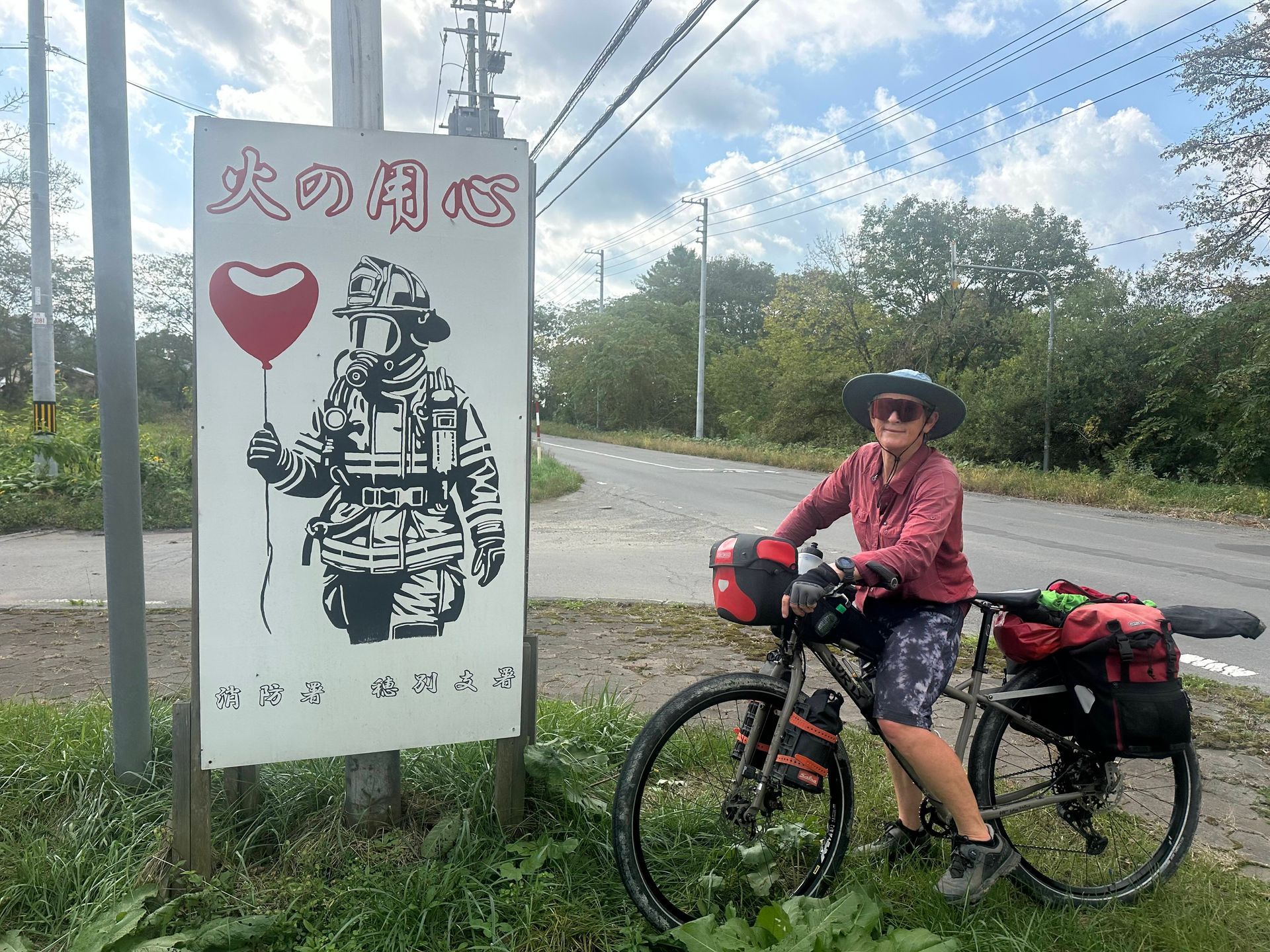Future insights
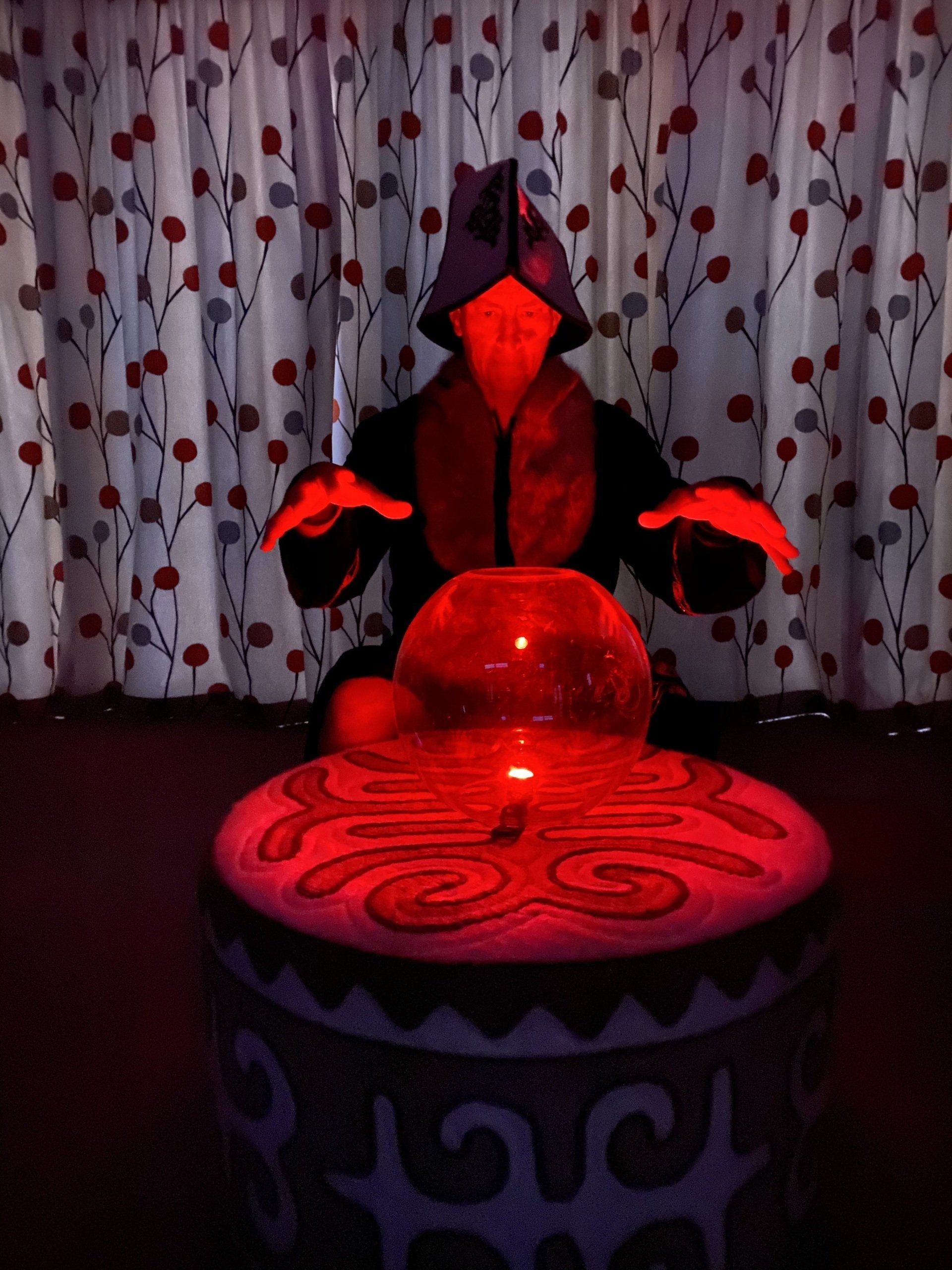
One of my favourite recent quotes was from Cameron Bagrie , economic consultant and previously Chief Economist at ANZ. A series of economists was asked to predict house prices in New Zealand in the new reality framed by the global pandemic. They all gave their considered opinions, mostly predicting falls of various magnitudes which they compared with the massive falls predicted early in the COVID-19 lockdown. Cameron Bagrie said “Heck, I don’t know”! To be fair, he qualified that by pointing out the multiplicity of conflicting drivers, together with the unprecedented (heard that term a lot lately?) nature of the current situation. Some of the drivers push towards higher prices, such as large numbers of returning New Zealanders and a housing market that already had trouble supplying the needs in locations with jobs. Some of the drivers push towards lower prices, such as lots of unemployed people and job losses in areas dependent on tourism.
I liked Bagrie’s response because he conveyed that he really thought the situation is not predictable at present. However, when asking someone to predict the future, “I don’t know” isn’t a very satisfying response. Humans constantly want their futures predicted, at least until they get the predictions, at which point they often don’t want to know them. This is why people make money out of fortune telling and there are famous predictors of the future who are remembered through history, such as Nostradamus and Paul the Octopus , who predicted wins in the 2010 football World Cup.
I was fascinated by Nostradamus as a child in that way we loved to be simultaneously fascinated and terrified (Dr Who had the same effect on me). Nostradamus published a book of prophetic poems early in the 1500s. The poems started off vague, were translated even more vaguely from French into English, to the point that their content can pretty much fit predicting anything, depending on how one interprets them. The poems dealt with a range of disasters, including plagues, earthquakes, wars, floods, invasions, murders, droughts, and battles, which were implied (though never explicitly stated) to be leading up to the end of the world. Perhaps Nostradamus was part of the reason I used to have sequential disaster dreams over several nights, with a different method of the world ending each night!
There are actually people paid to be ‘futurists’, garnering more respect than Nostradamus does today, though the degree of respect could be questionable. Sarah was looking at a job with an institute of futurist consultants in Hawaii; who could argue with what sounds like a pretty fun job in a pretty fun place? Today’s futurists don’t rely on their crystal balls, instead using methods that include historical analysis and modelling of data trends. There is an implication that, once we can properly harness artificial intelligence, we will be able to predict the future with some accuracy, because accuracy is just about collating and analysing sufficient data.
I have my doubts about AI future predictions, in that I believe predictions of the future are very much a blend of data regarding the past, together with developing a story that influences the people of today to create a desired future of tomorrow. It is often said that science fiction writers predict our future by creating imagined settings, including products, that people then seek to emulate. Once we can imagine something we can set about figuring out how to create it. Leonardo da Vinci envisioned flying machines , based on the ways that birds fly. There is no evidence that he influenced the Wright brothers, although they did investigate principles of bird flight, together with fundamental aerodynamics, in creating the first successful flying craft (depending on whether you believe that Richard Pearse beat them to it in South Canterbury).
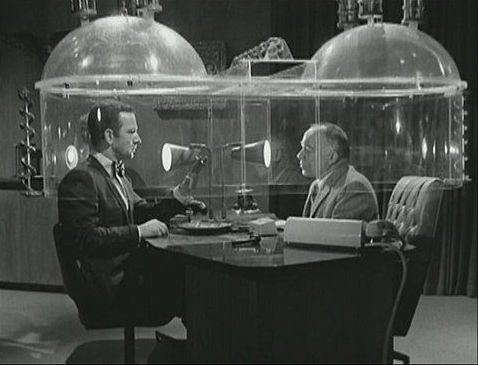
In the TV show ‘Get Smart’ (and subsequent film), secret agent Maxwell Smart and his ‘Chief’ use a cone of silence to speak privately. A number of years ago I worked on a research proposal that investigated the use of sound waves for just this purpose – can one generate sound waves which cancel noise in a specific location? The modern version of the concept doesn’t require a plastic hood, but also hasn’t yet been realised.
Isaac Asimov is ascribed futurist prescience; he was asked to make predictions of 2019 in 1984 and got about half right. He wrote of a world dominated by computers and robots, where technology has replaced teachers and industrial workers but also has created new opportunities for work and leisure. His computer focused world has come to pass, but robots remain more on the periphery than in the centre of life. He also thought we’d all begin living and working in orbiting space stations right around now, which isn’t on the cards. In his fictional Foundation series, Asimov imagined a mathematical sociology which could predict mass behaviours based on statistical laws. The eternal glitch with such predictions is that, once you know what you are supposedly going to do, your actions become predictable; does this doom us to knowing that the future can never be predicted?
Religions continually predict the future, based on past writings combined with complex beliefs. Common predictions relate to the imminent end of the world, such as Seventh Day Adventists choosing December 31st 1999 as the end date. Predictions of the end of the world work when your religion offers eternal life as the ‘get out clause’. One doesn’t have to be too stressed about the world ending because the end isn’t really the end. An interesting example was a friend of mine’s mother who was a Seventh Day Adventist. She stopped cleaning her house early in 1999, on the basis that there wouldn’t be any problem come the end of the year. When the world continued to exist in 2000, my friend was exceptionally frustrated that her mother moved smoothly along and refused to refer to her previous belief (though I am not sure she did a lot more house cleaning, either).
Together with fiction writers and religions, scientists continually attempt to predict the future, based on existing data. Predictions of climate change are a great example of how the future can be predicted, but people don’t necessarily want to believe predictions that they don’t like or that require them to act. A prediction that the world will catastrophically end in 12 months is manageable in that there is no point in changing one’s behaviour in a positive fashion (though one can stop cleaning). However a prediction that the world ecosystems will collapse catastrophically in about a generation, if we don’t radically alter our behaviours of today, is much trickier to respond to. Scientists have been predicting global warming as a result of greenhouse gas emissions since the late 1800s. Scientific concerns gathered pace in the 1970s but have faced ongoing strong denial. Really there has only been widespread public acceptance of human-induced climate change for less than twenty years, and this acceptance is by no means universal.
Climate change is a hard story to sell, and selling a story is indisputably a component of how it becomes part of the human narrative, creating change for better or worse. There is no external saviour giving us an everlasting life somewhere else as our planet warms (unless that might be Elon Musk?). There is no new gadget that will simply fix the problem (although we are continually sold the concept of new, complex technological solutions that will solve our environmental crises). There appears to be no rainbow in sight, much less a pot of gold. Climate movements run a fine line in regard to needing to inspire action, while not dashing hope entirely, at which point I might as well cut down the last tree on Easter Island because if I don’t, my neighbour will, and he will have a cooking fire for longer than me, unless I go and bash him over the head and steal his wood.
Wow, I have migrated from not knowing if house prices will rise or fall, to envisaging killing my neighbour for his wood supply. No wonder I had catastrophe nightmares colour my childhood! To twist the threads together, I will leave you with the thought that our future must be created more than predicted. We create through our stories of what may come, which need to unite us in a journey towards what we believe is achievable and desirable and necessary. Those stories can shift over time in an ongoing trajectory that takes us where we need to go, along an incline, or stepwise, rather than over a waterfall. Our roles in life include creating those stories, believing in those stories, and acting on those stories. Here’s to the fiction writer in everyone.
